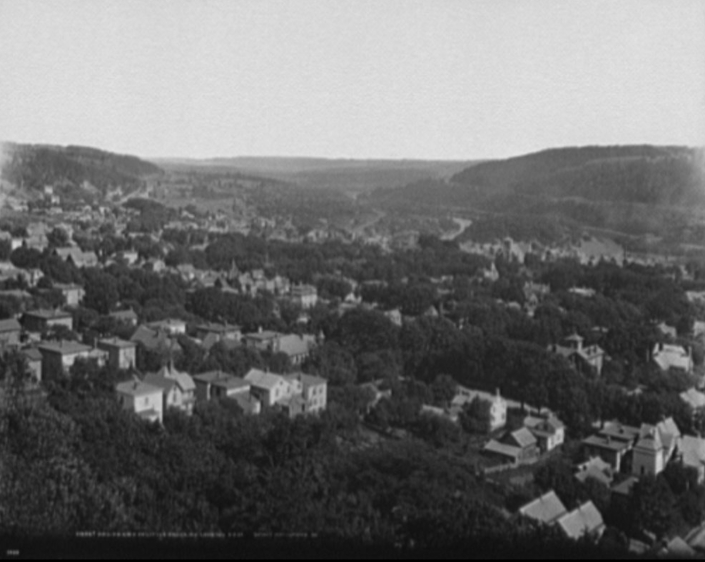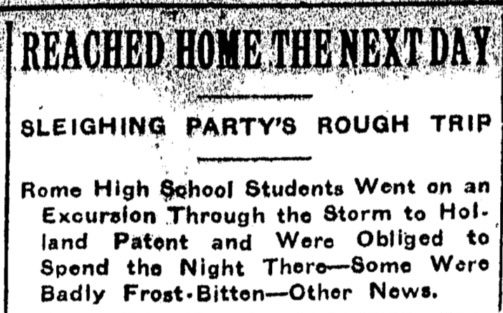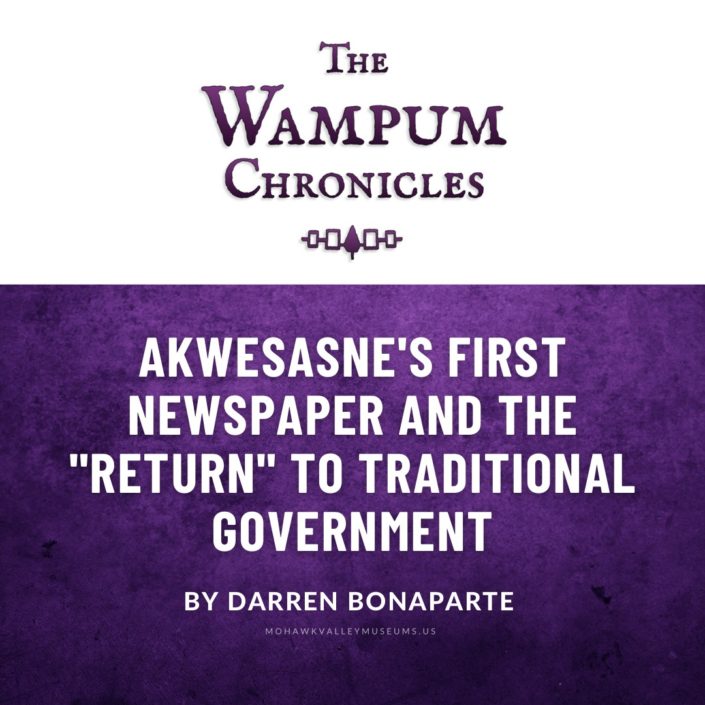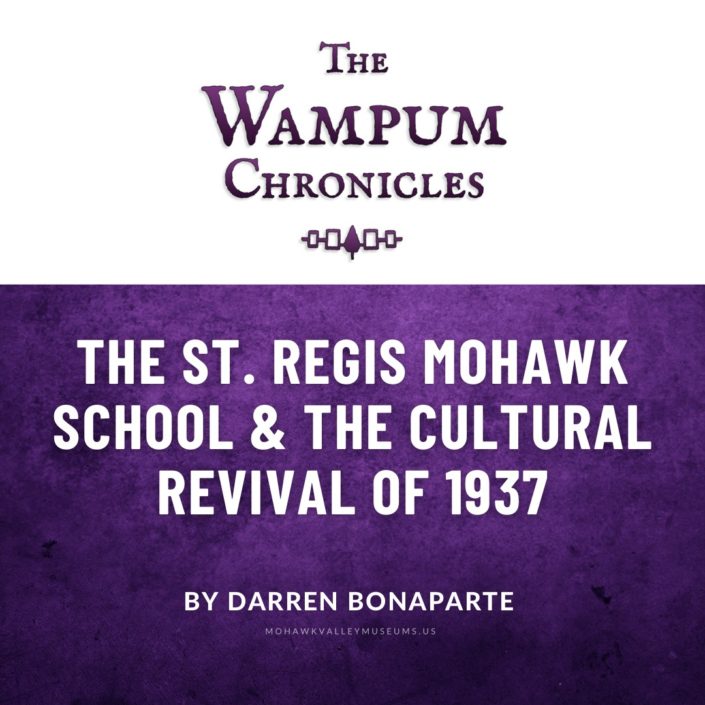George Washington’s First Inaugural Address
This day in history; April 30, 1789. Library of Congress,

Federal Hall, The Seat of Congress. Amos Doolittle (1754-1832). Engraving, 1790. Library of Congress, Prints and Photographs Division. Reproduction Number: LC-USZ62-333.
On April 30, 1789, George Washington delivered his first inaugural address to a joint session of Congress, assembled in Federal Hall in the nation’s new capital, New York City. The newly-elected president delivered the speech in a deep, low voice that betrayed what one observer called “manifest embarrassment.” Washington had not sought the office of president and was humbled by the request to serve.
Aside from recommending constitutional amendments to satisfy citizens demanding a Bill of Rights, Washington confined his address to generalities. He closed by asking for a “divine blessing” on the American people and their elected representatives. In delivering his address, Washington went beyond the constitutional requirement to take an oath of office and thus established a precedent that has been followed since by every elected president.
Two weeks before his inauguration, Washington made an emotional speech to the citizens of his hometown, Alexandria, Virginia.
To the Mayor, Corporation, and Citizens of Alexandria
[Alexandria, 16 April 1789]
Gentlemen,
Although I ought not to conceal, yet I cannot describe, the painful emotions which I felt in being called upon to determine whether I would accept or refuse the Presidency of the United States. The unanimity in the choice, the opinion of my friends, communicated from different parts of Europe, as well as of America, the apparent wish of those, who were not altogether satisfied with the Constitution in its’ present form, and an ardent desire on my own part, to be instrumental in conciliating the good will of my countrymen towards each other have induced an acceptance.
Those who have known me best (and you, my fellow citizens, are from your situation, in that number) know better than any others my love of retirement is so great, that no earthly consideration, short of a conviction of duty, could have prevailed upon me to depart from my resolution, “never more to take any share in transactions of a public nature”—For, at my age, and in my circumstances, what possible advantages could I propose to myself, from embarking again on the tempestuous and uncertain ocean of public-life?
I do not feel myself under the necessity of making public declarations, in order to convince you, Gentlemen, of my attachment to yourselves, and regard for your interests. The whole tenor of my life has been open to your inspection; and my past actions, rather than my present declarations, must be the pledge of my future conduct.
In the meantime I thank you most sincerely for the expressions of kindness contained in your valedictory address—It is true, just after having bade adieu to my domestic connections, this tender proof of your friendship is but too well calculated still farther to awaken my sensibility, and encrease my regret at parting from the enjoyments of private life.
All that now remains for me is to commit myself and you to the protection of that beneficient Being, who on a former occasion hath happily brought us together, after a long and distressing separation—Perhaps the same gracious Providence will again indulge us with the same heartfelt felicity. But words, my fellow-citizens, fail me: Unutterable sensations must then be left to more expressive silence: while, from an aching heart, I bid you all, my affectionate friends, and kind neighbours, farewell!
G. Washington














 Kirill Grechkin accepts the Grand Prize Award for his drawing, The Moonlight Terror. Photo by Fenimore Art Museum
Kirill Grechkin accepts the Grand Prize Award for his drawing, The Moonlight Terror. Photo by Fenimore Art Museum